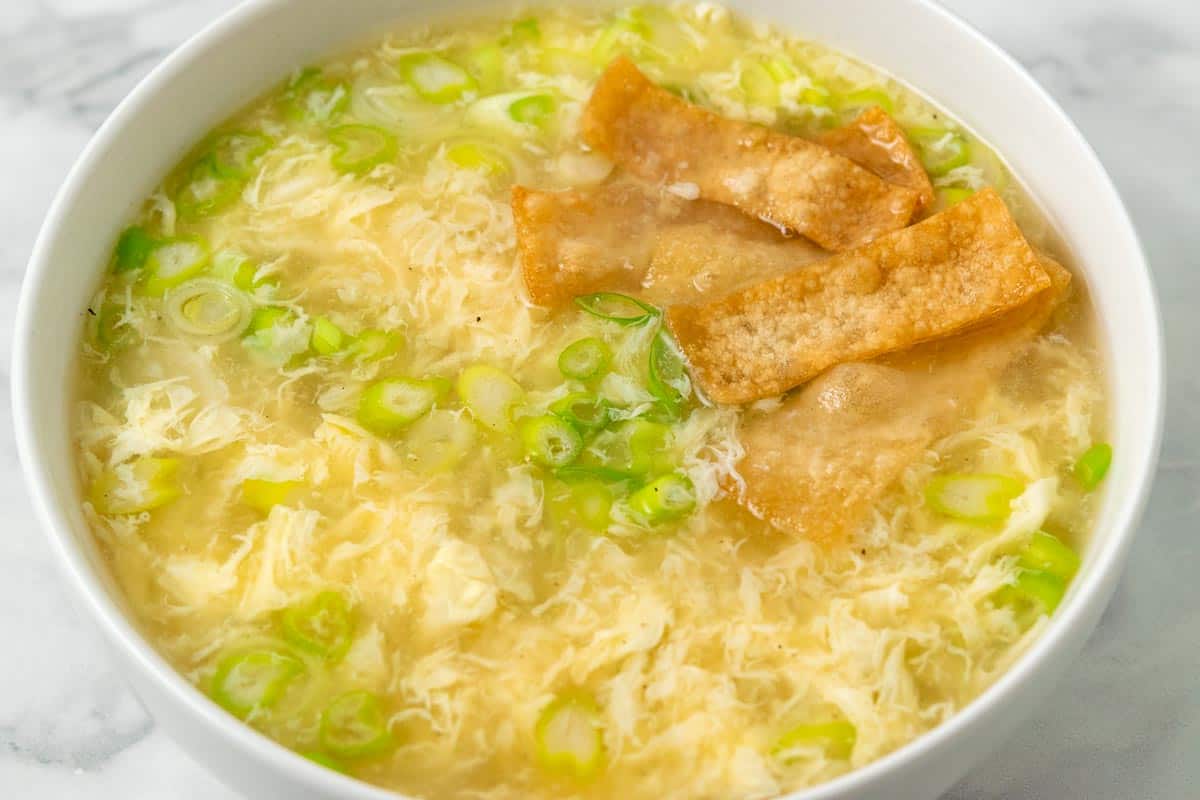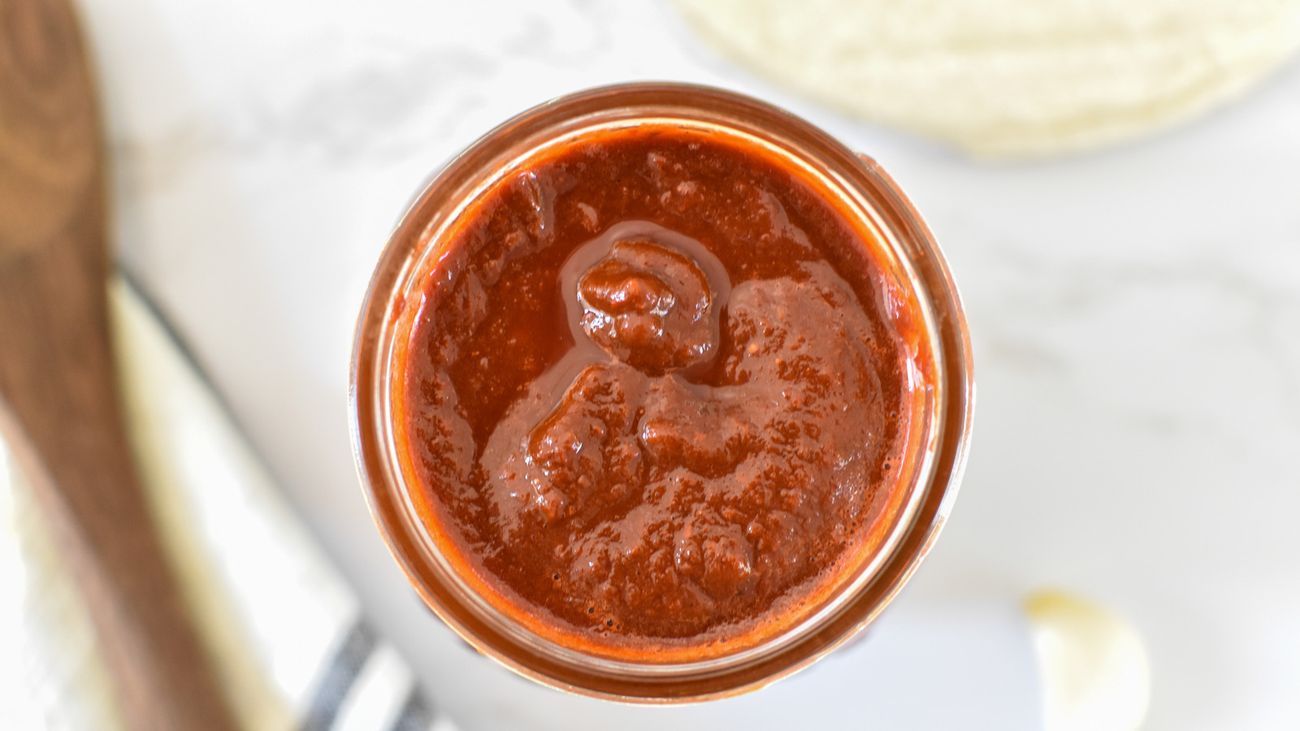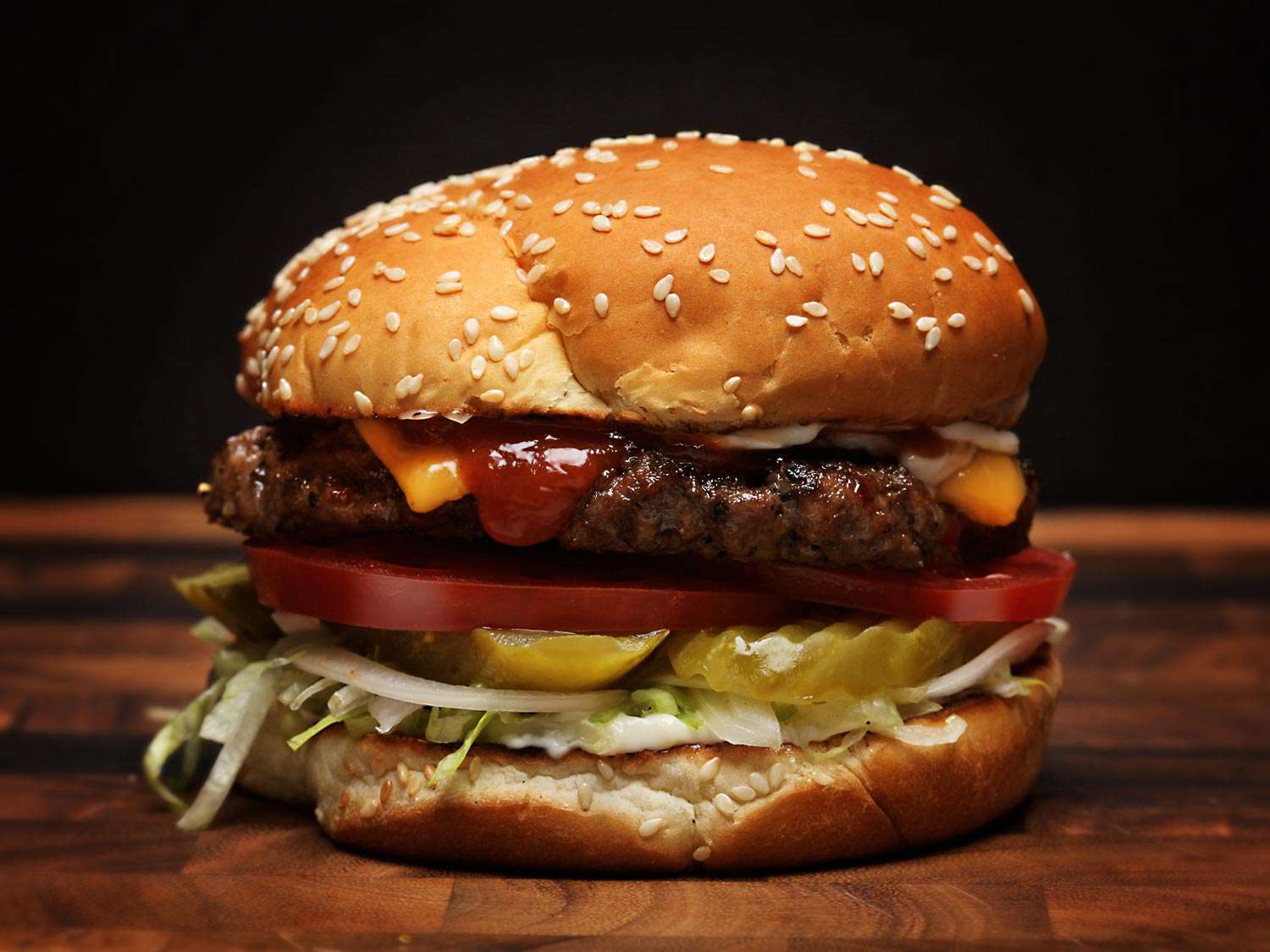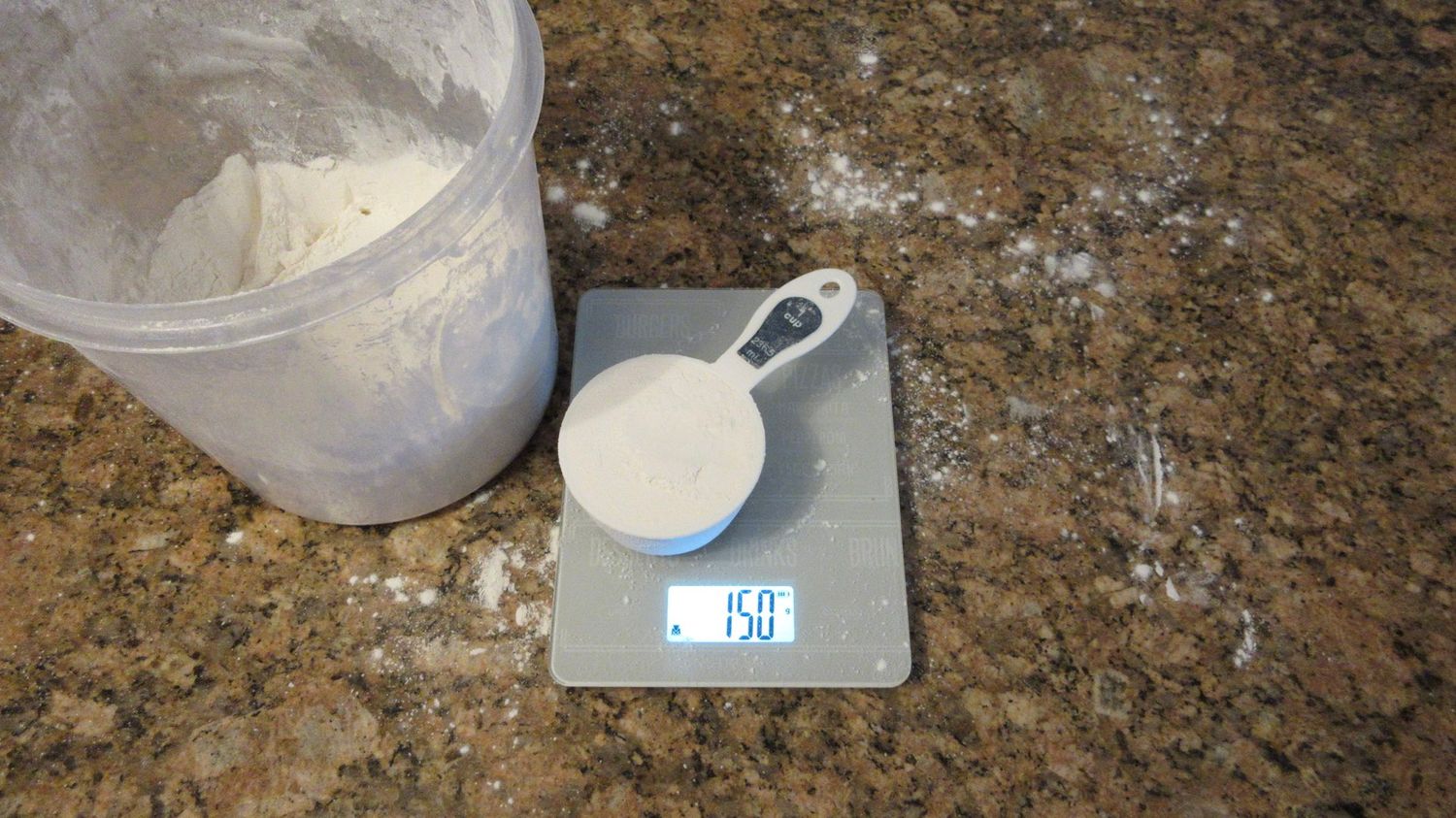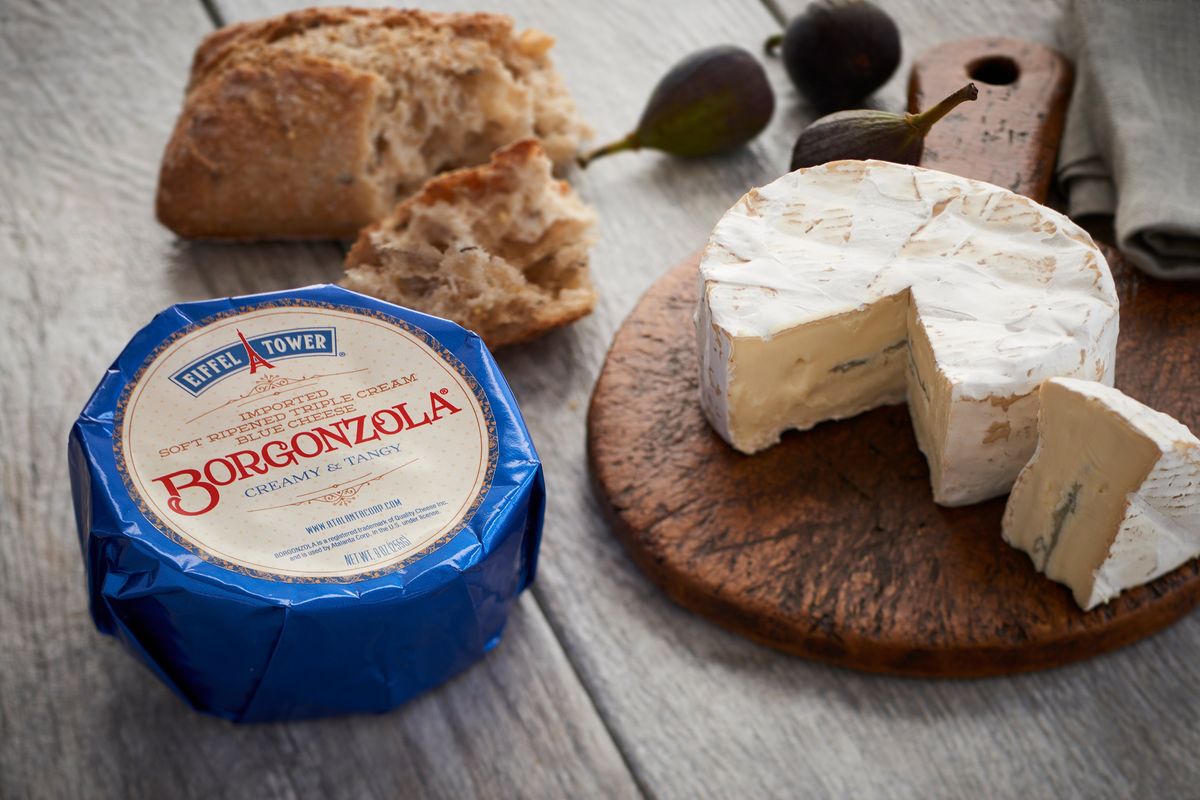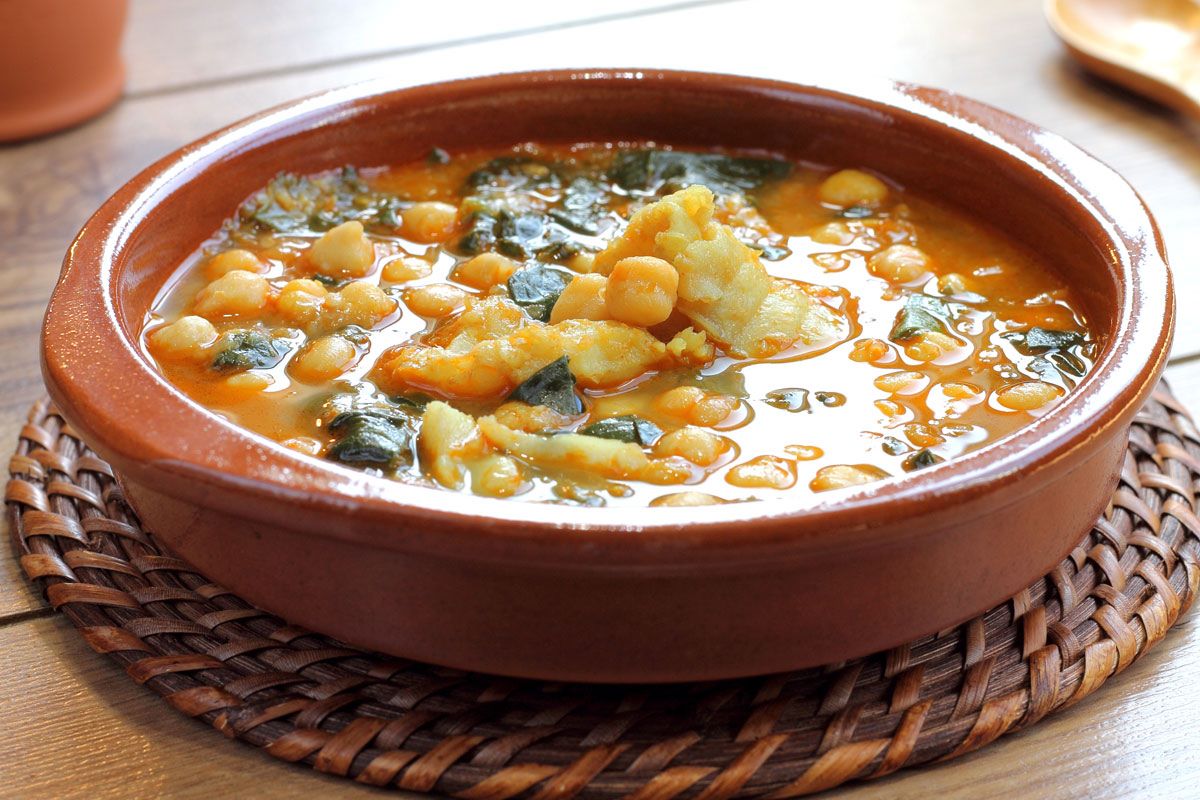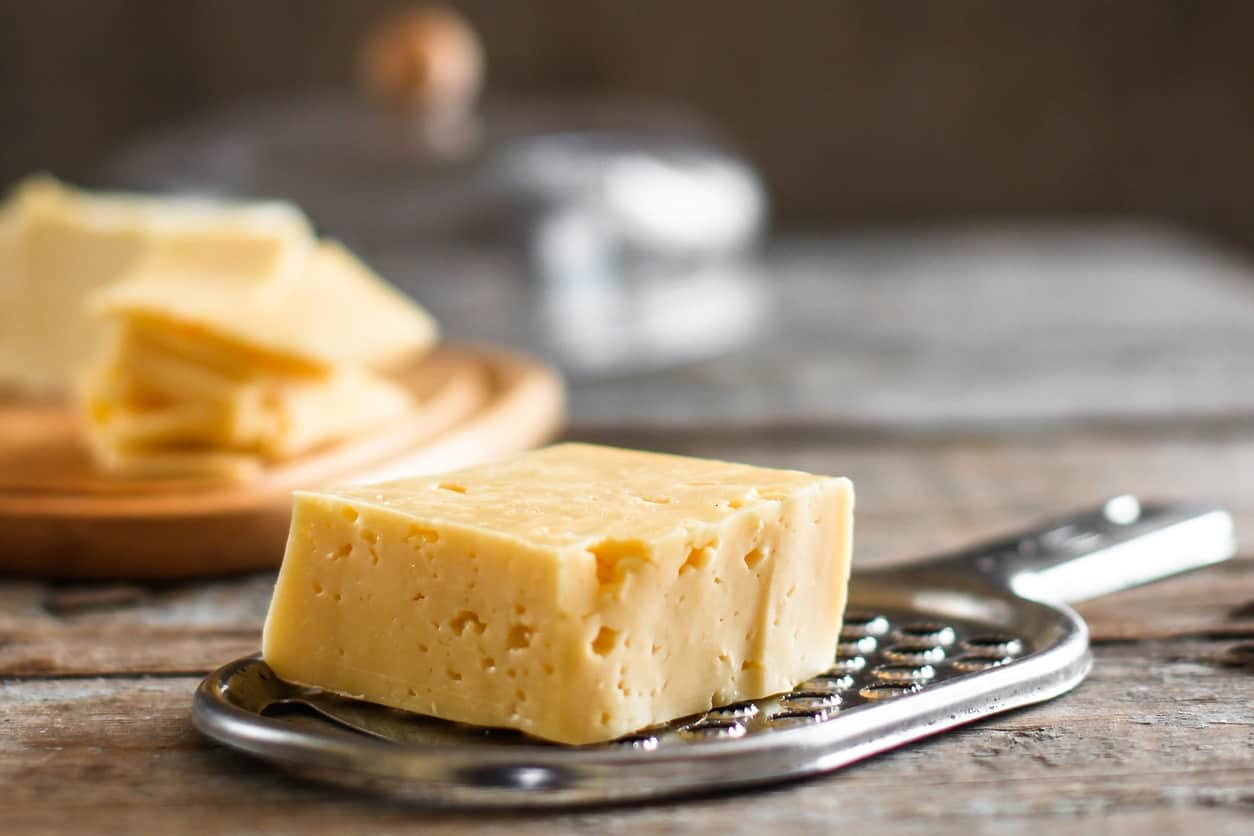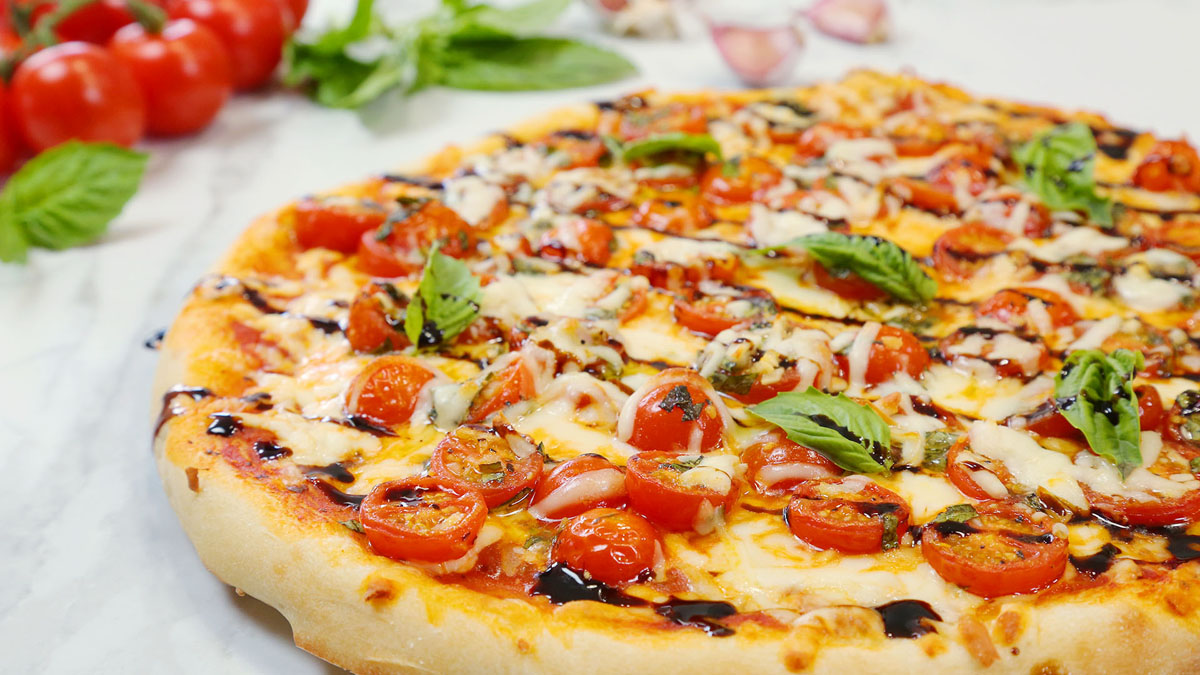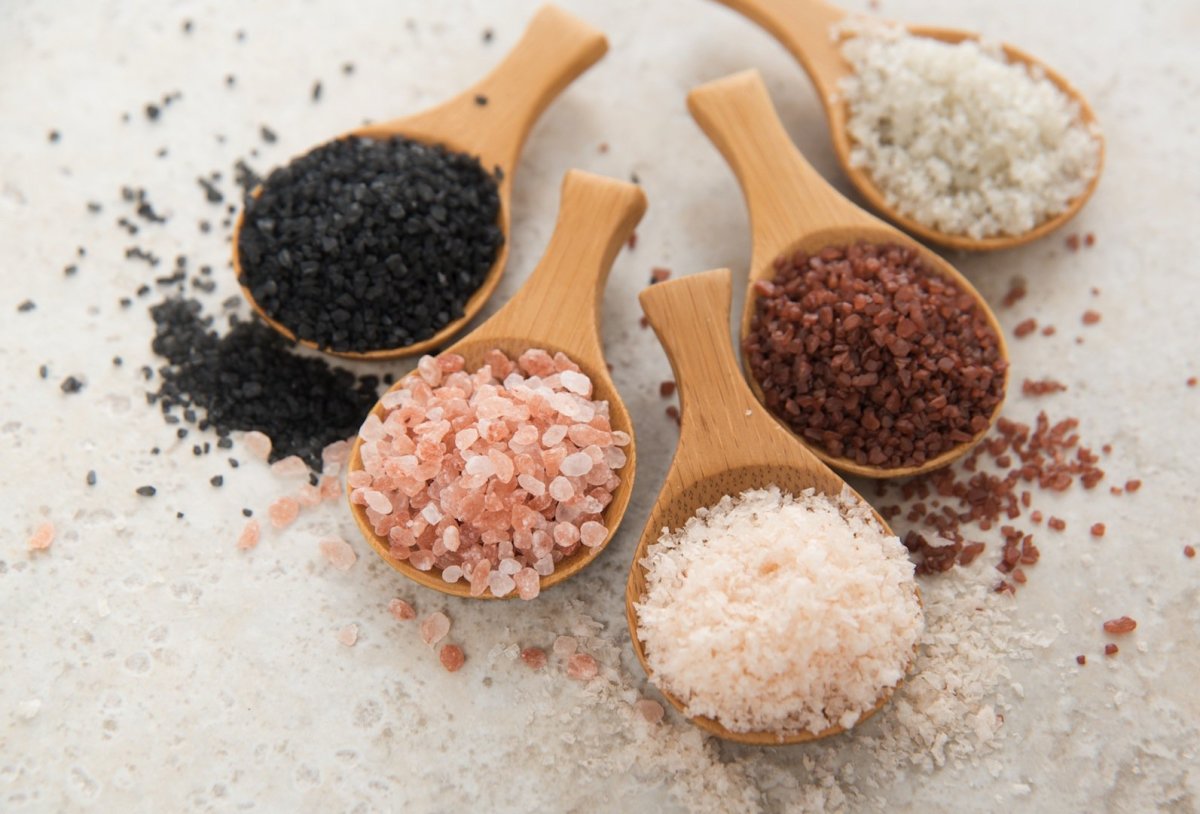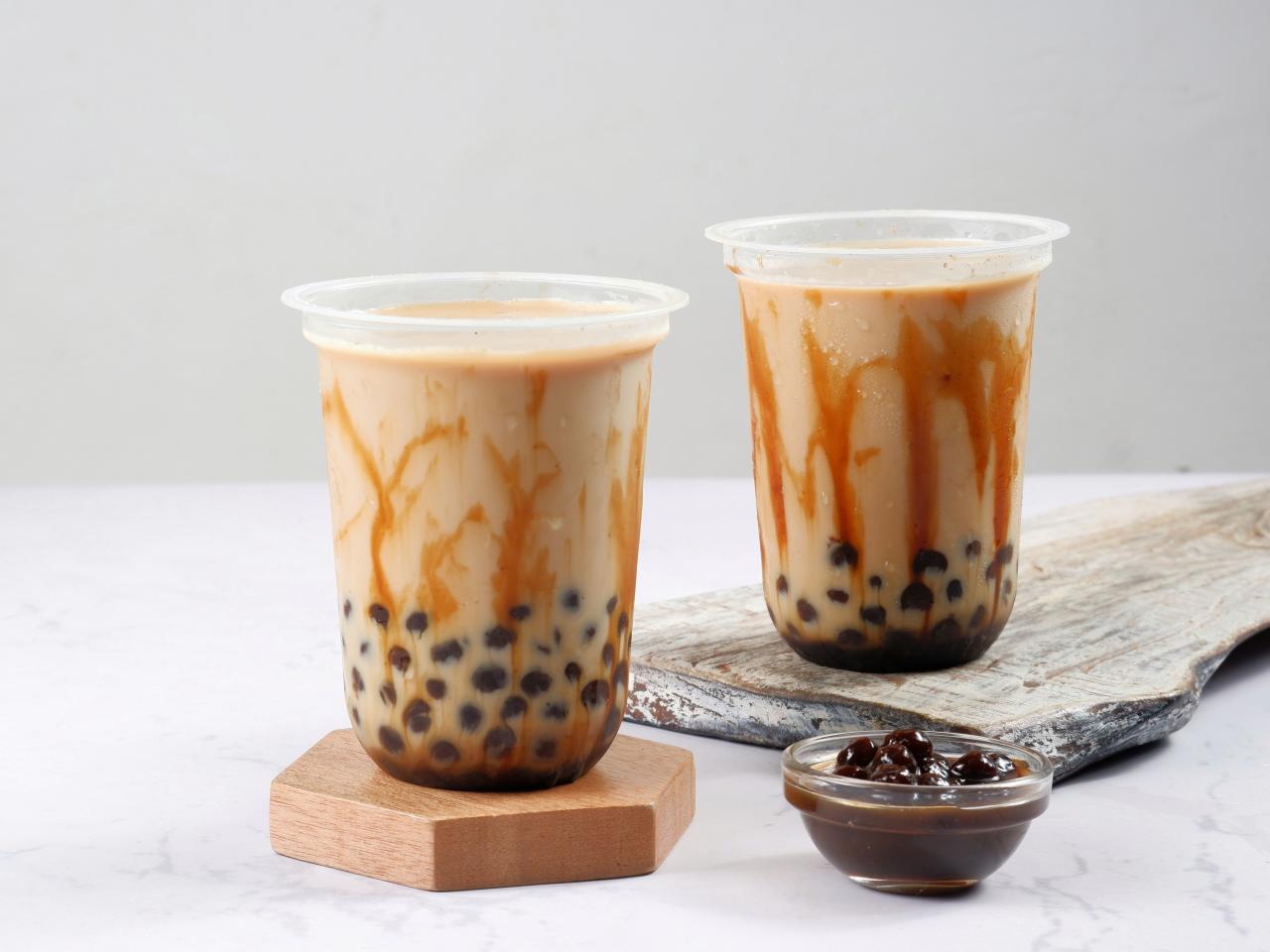Discovering the Sweet and Spicy World of Cinnamon
When it comes to adding flavor and warmth to dishes, cinnamon is a spice that often takes center stage. This aromatic spice is derived from the inner bark of trees belonging to the genus Cinnamomum and is widely used in both sweet and savory dishes around the world.
Types of Cinnamon
There are two main types of cinnamon: Ceylon cinnamon and Cassia cinnamon. Ceylon cinnamon, also known as “true” cinnamon, is considered to be of higher quality and is often referred to as the “real” cinnamon. On the other hand, Cassia cinnamon is more commonly found in supermarkets and is known for its strong, spicy flavor.
Health Benefits of Cinnamon
Aside from its delightful flavor, cinnamon also offers a range of health benefits. Some of the potential benefits of consuming cinnamon include:
- Antioxidant properties: Cinnamon is rich in antioxidants, which can help protect the body from oxidative damage caused by free radicals.
- Anti-inflammatory effects: The compounds found in cinnamon may help reduce inflammation in the body, which is linked to various chronic conditions.
- Blood sugar regulation: Cinnamon has been shown to improve insulin sensitivity and may help lower blood sugar levels.
- Heart health: Some studies suggest that cinnamon may have a positive impact on heart health by reducing risk factors such as high cholesterol and triglyceride levels.
Ways to Use Cinnamon
From spicing up your morning oatmeal to adding depth to savory stews, there are countless ways to incorporate cinnamon into your culinary creations. Here are a few popular uses for this versatile spice:
- Baking: Cinnamon is a staple ingredient in many baked goods, including cakes, cookies, and pastries.
- Beverages: Sprinkle a dash of cinnamon into your coffee, hot chocolate, or chai tea for a cozy, aromatic twist.
- Curries and stews: Cinnamon adds warmth and complexity to savory dishes, particularly those with Middle Eastern or Indian influences.
- Smoothies: A pinch of cinnamon can elevate the flavor of fruit smoothies, especially those featuring apples, bananas, or berries.
Exploring the World of Cinnamon
Whether you’re a seasoned chef or a culinary novice, experimenting with cinnamon can open up a world of exciting flavor possibilities. From its rich history to its potential health benefits, there’s much to appreciate about this beloved spice. So, the next time you reach for that familiar jar of cinnamon, take a moment to savor the sweet and spicy essence of this remarkable ingredient.
